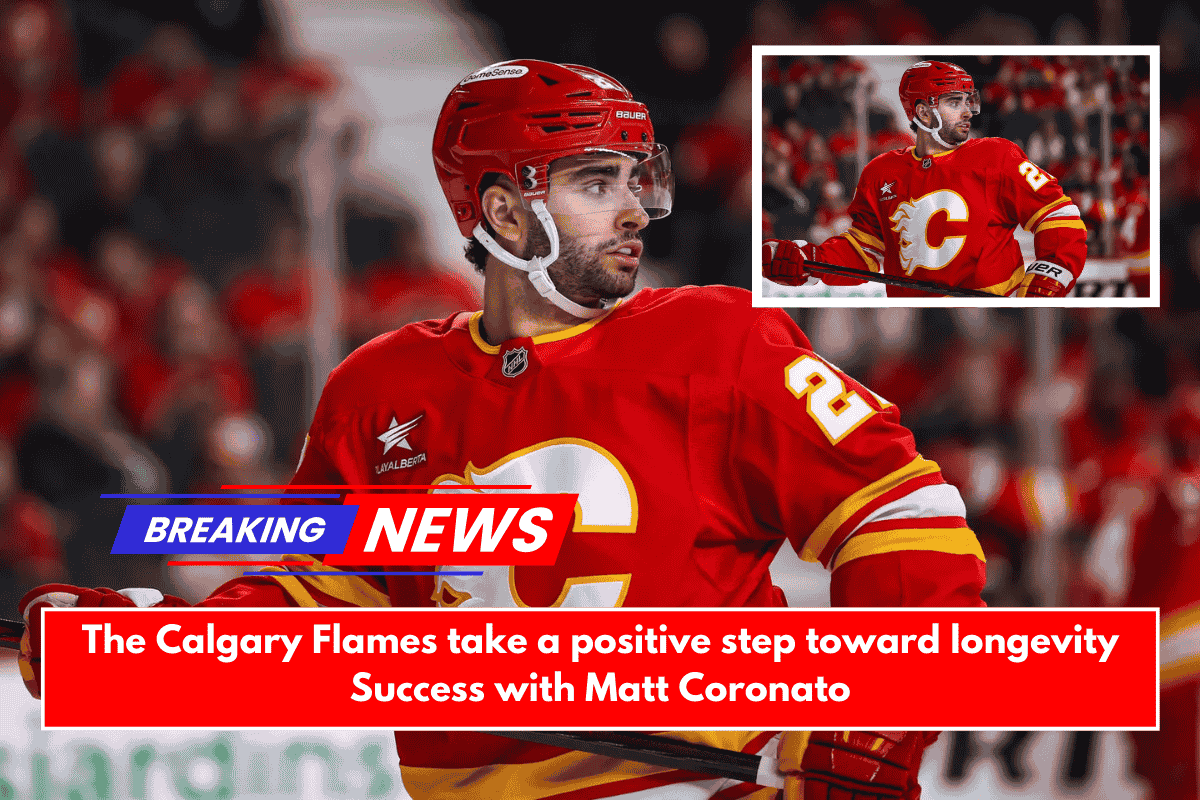The Vancouver Canucks have been handed a reality check recently, not just about their on-ice performance but also about the personal lives of their key figures. From Rick Tocchet’s departure to the looming possibility of Quinn Hughes looking to reunite with his brothers, the team’s future may be heavily influenced by family ties, a reality many professional athletes face when working far from home.
Tocchet’s Family Decision
Rick Tocchet, the former Canucks coach, left the team after two-and-a-half years on the West Coast. While coaching in Vancouver, Tocchet found success, but it wasn’t enough to outweigh the personal costs of being far from his family. The decision to leave wasn’t an easy one, but Tocchet made it clear that family was the driving force behind his choice.
Canucks president of hockey operations Jim Rutherford explained on the 100% Hockey with Millard & Shannon podcast that Tocchet’s son had lived in Seattle for a while but then moved back to the East Coast. Rutherford acknowledged that Tocchet’s desire to be closer to his family was sincere. “We’ll see where that takes him,” Rutherford said, emphasizing that the organization was grateful for Tocchet’s time with the team and wished him the best moving forward.
For someone like Tocchet, who has an accomplished career and plenty of options—such as coaching positions with the Philadelphia Flyers or Pittsburgh Penguins—it makes perfect sense to capitalize on his leverage and prioritize what’s best for his personal happiness. After all, professional success doesn’t always guarantee personal fulfillment, and in Tocchet’s case, family came first.
Quinn Hughes and Family Matters
The possibility of Quinn Hughes wanting to leave Vancouver to play with his brothers, Jack and Luke Hughes, who both play for the New Jersey Devils, has been a topic of conversation lately. Rutherford recently commented that if Hughes wants to play with his brothers, the Canucks may face challenges unless they somehow acquire the two Hughes brothers—a move that would require significant trade assets the Canucks currently don’t possess.
Rutherford further hinted that if Hughes doesn’t want to stay with Vancouver by the 2027 trade deadline, the team would “have to do something at that point.” While these comments weren’t entirely serious, they shed light on the possibility that the Canucks could face another family-driven situation that tests the loyalty of their star defenseman.
It’s important to note that Hughes hasn’t publicly confirmed any desire to leave Vancouver, and Rutherford himself admitted, “That’s just been out there,” referring to the speculation surrounding Hughes wanting to play with his brothers. However, the reality is that if Hughes decides to move on from the Canucks after his current contract ends, there will be no shortage of suitors, and the Canucks could be forced to trade him at that point.
Canucks’ Tough Decision Ahead
If Hughes indeed wants to play with his brothers and the Devils remain his destination, the Canucks could find themselves in a difficult position with little leverage. Hughes is still under contract for two more years, but if it becomes clear that his long-term future is in New Jersey, Vancouver would need to consider trading him before his contract expires to maximize the return.
The potential of a trade to another team, outside of the Devils, could put the Canucks in a tricky situation. While Hughes may not have any no-trade protection to prevent a move, being traded away from the team he might eventually want to join could create a lot of uncertainty for both the player and the organization. But ultimately, the Canucks’ priority should be to protect the team’s interests, even if that means moving a loyal player.
The Human Element in Professional Sports
The idea of players being moved away from their families is not unique to the Canucks. It’s a reality all professional athletes face when working far from home. While the team’s management and fans often focus on the results on the ice, the personal lives of players—especially their relationships with family—can be just as important.
Rutherford’s comments about Hughes suggest that the Canucks could be approaching a crossroads in their relationship with their star defenseman. The Canucks may be on the wrong side of this situation, with family considerations complicating things further. While this is far from an ideal scenario, it’s a reality the organization must address.
The Future of the Canucks
Moving forward, the Canucks’ best course of action is to focus on what they can control: improving their on-ice product and making the most out of any difficult situations that arise. At some point, the hope is that Vancouver will attract a British Columbia-born-and-raised star to join their ranks, but for now, the Canucks are left to manage the delicate balance between business and personal considerations for their players.
The situation with Hughes is not just a hockey issue—it’s about human connections, family, and making sure that players’ needs and desires are respected. Whether or not Hughes stays or goes, the Canucks will need to make wise decisions to ensure they maintain both a strong roster and a healthy team dynamic.
For now, the organization has to prepare for whatever the future holds, all while recognizing that family will always play a big role in the decisions their players make.









